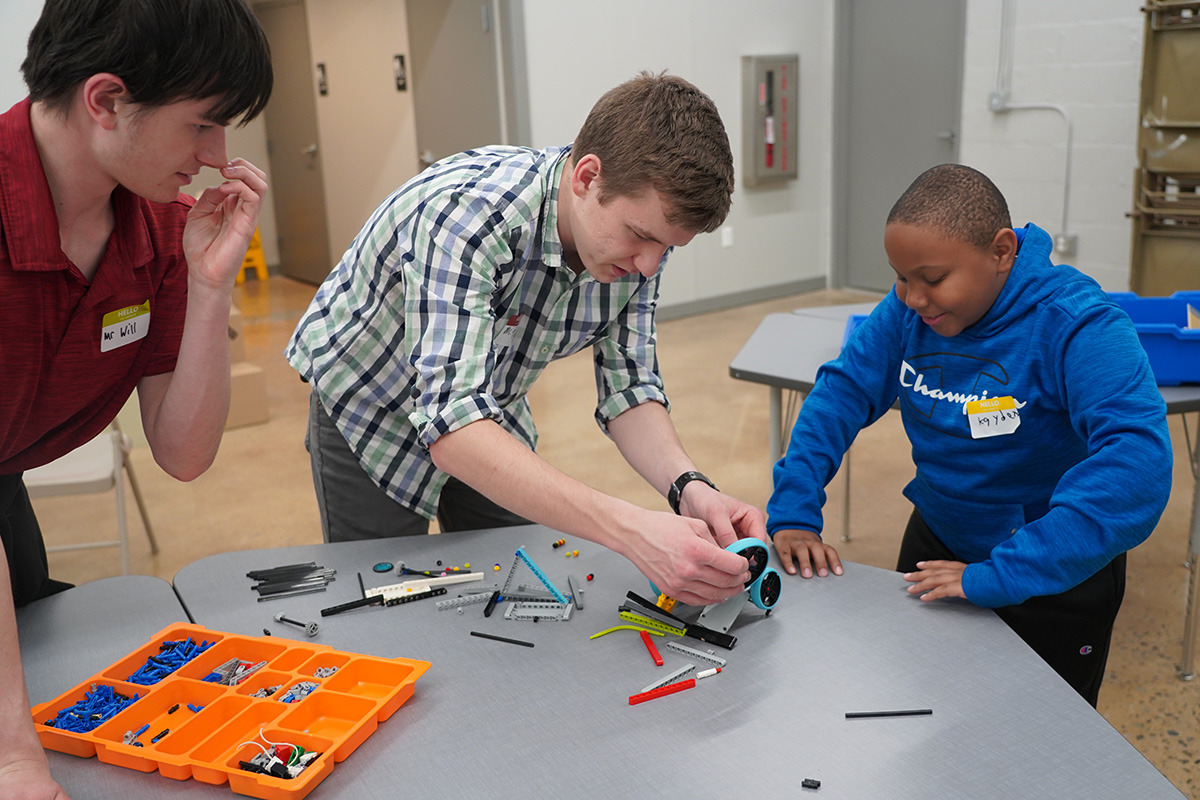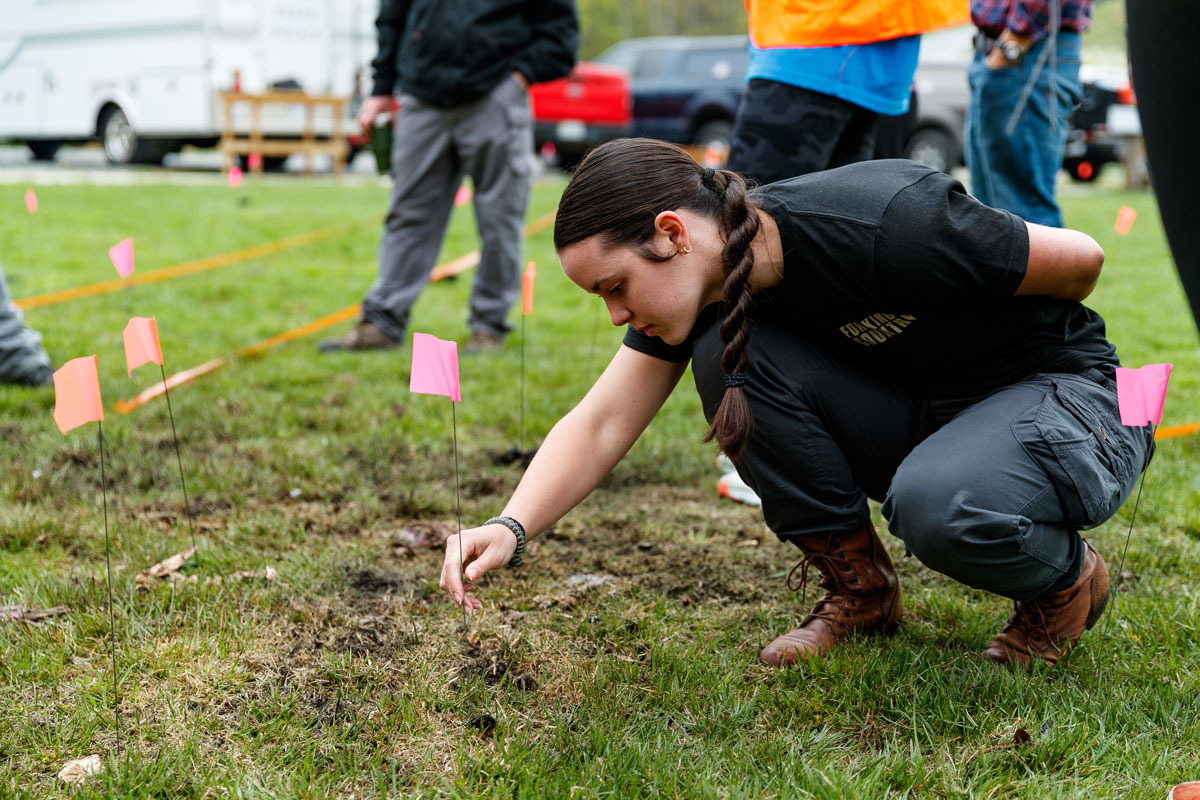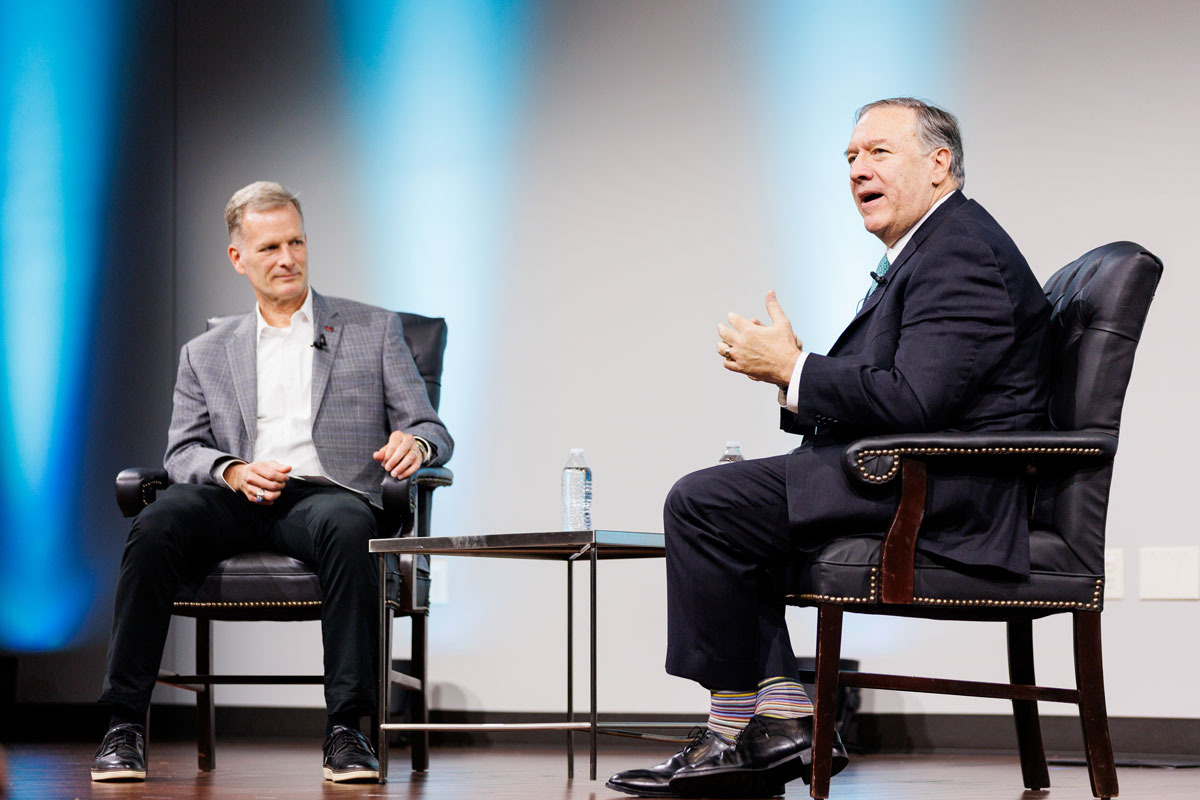Search News Archives
Filter News Articles
Additional Navigation
Students learn occupational safety trends as part of new club with the American Society of Safety Professionals
April 27, 2022 : By Ted Allen - Office of Communications & Public Engagement
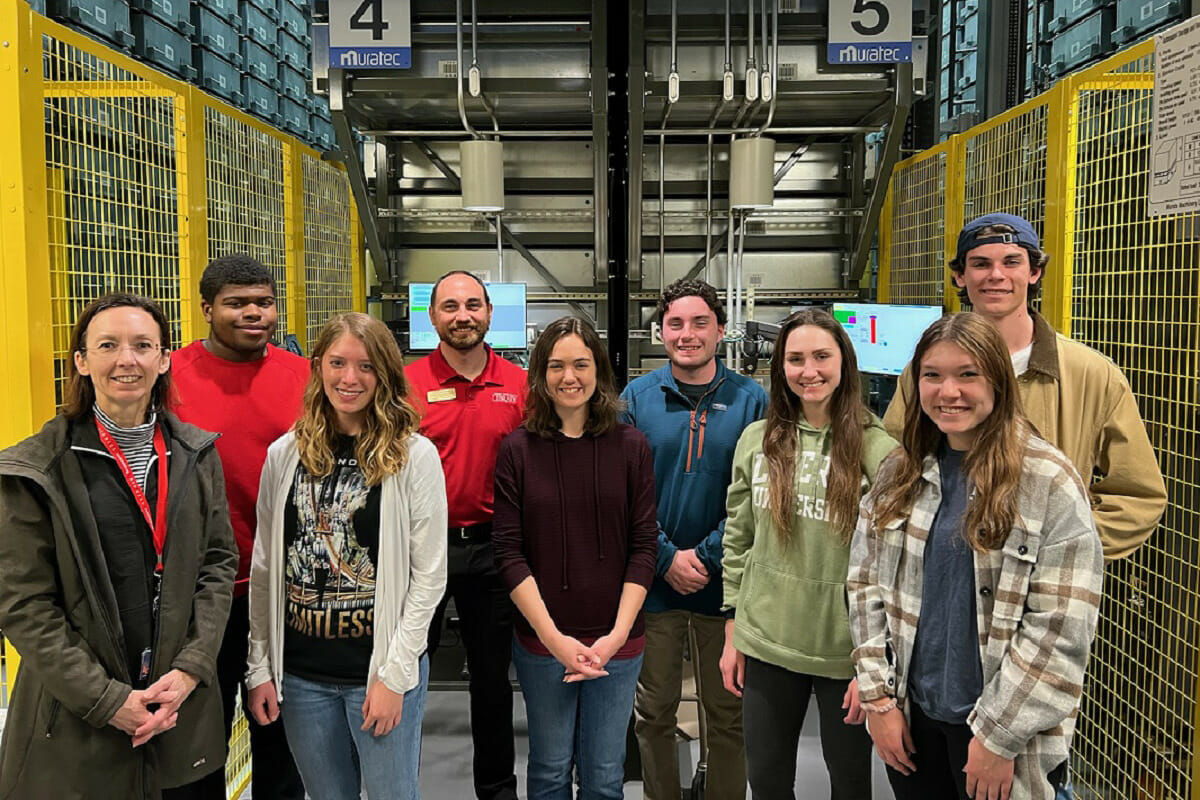
Workplace safety is a topic that crosses all disciplines, and all employers must be prepared with injury prevention protocols and training.
Liberty University recently launched a student club through the regional chapter of the American Society of Safety Professionals (ASSP) allowing students to gain educational and professional development opportunities through guest speakers, factory tours, social engagements, and networking.
“There are safety professionals in every field, from health care, distribution, and education, to manufacturing and the energy profession,” said Dr. Diana Schwerha, an industrial and systems engineering professor and the group’s faculty advisor. “Safety professionals contribute to the overall success of the company. Our goal is to contribute to the safety of people at work, to make sure people go to work and go home in the same condition.”
The club, officially known as a student section of the ASSP, is open to residential students from all academic departments.
Besides more than 15 years of teaching experience at the college level, Schwerha previously worked for the National Institute for Occupational Safety and Health.
“Normally, we would take student members into area construction sites, or manufacturing or distribution companies to tour those workplaces,” Schwerha said, noting that COVID-19 has limited those outings since the Liberty student section formed.
She said the job of a safety professional used to consist of employers telling workers to wear hard hats and responding to job-related injuries. Now, qualified safety professionals take a more proactive approach.
“Being a safety professional today means not just responding to incidents but leveraging talents and helping to contribute to the health of the employee and the economic success of the company,” said Schwerha, whose specialties are ergonomics and industrial systems. “Occupational safety encompasses a lot of different areas. Ergonomics refer to injuries that occur over time, mostly from overuse.”
Liberty was accepted as a member of the Star Valley Chapter of the national organization in March. Liberty and East Carolina University are the only student sections among the 14 chapters in Region VI.
Liberty hosted the spring meeting for the operating committee of the Region VI ASSP last month at the university’s Center for Engineering Research & Education (CERE) in nearby Bedford County, Va. On April 11, Liberty hosted the Star Valley Chapter meeting in DeMoss Hall, where Schwerha led a discussion about reducing the risk of musculoskeletal injuries by using an emergent technology worn like a backpack.
Schwerha previously served as faculty advisor for the ASSP student chapter at Ohio University (OU) and knew when she came to Liberty that she wanted to start a student section. She said safety professionals are in great demand nationwide, and it is a career path that is beneficial not only financially, but relationally.
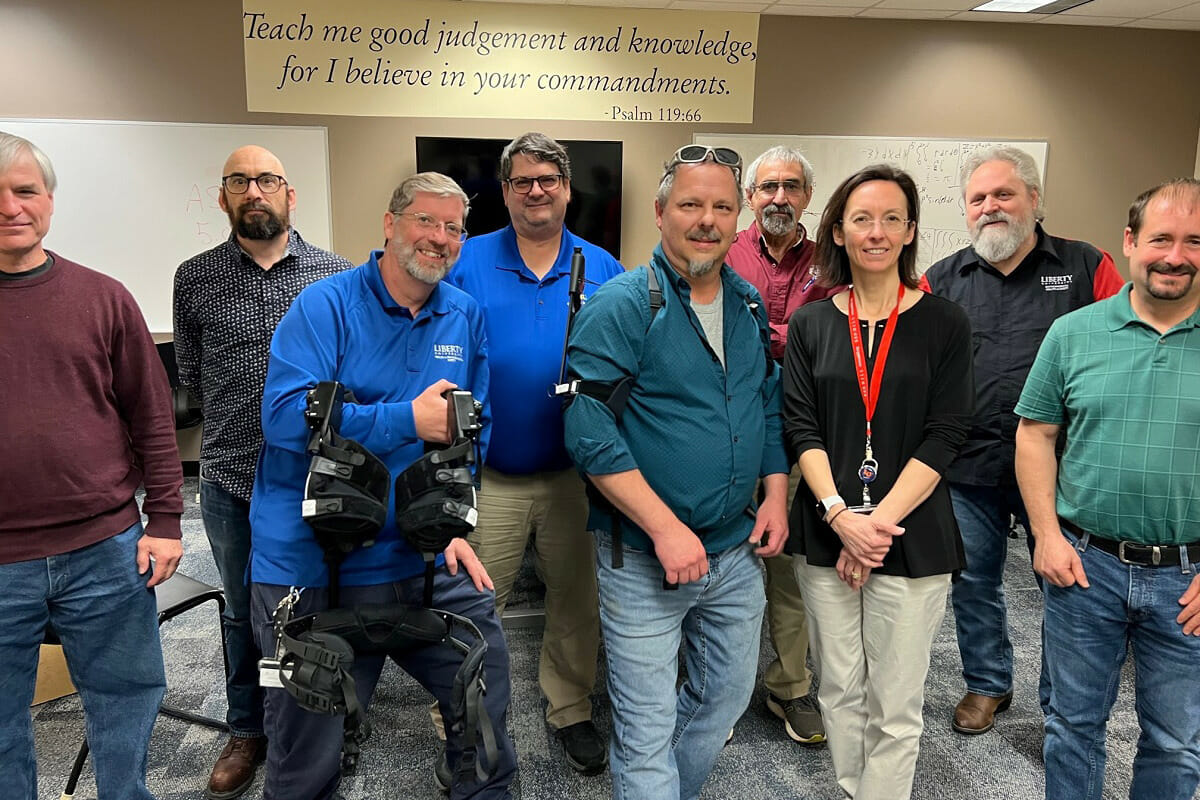
“In order to be a great safety professional, people definitely have to trust you, and you can never gain trust without a relationship,” Schwerha said. “Real trust is based on relationships; it’s not about rules.”
The field offers plenty of opportunity for advancement.
“It is a really great network to get promoted through because everyone has to go through some sort of training,” Schwerha said. “It is a great platform from which to jump into a higher-level management position.”
Professionals can advocate not only for the employees’ physical health but also their spiritual needs.
“Safety individuals develop personal relationships, and because there is so much personal interaction, and because we know everyone and care about our colleagues at work, it’s an effective platform to share our faith with other people, and a great way to give our testimony and present the Gospel,” Schwerha said.
